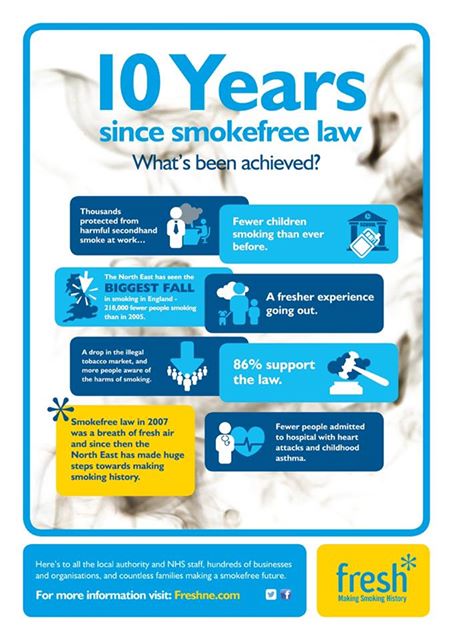Letter from North East Directors of Public Health – smokefree law 10 years on

Ten years ago this week (July 1) one of the most important and popular pieces of public health legislation in a generation was introduced – the smoke-free law.
A decade ago, millions would be coming home from work or from a night out having breathed in second hand tobacco smoke. Here in the North East around 35 workers were dying each year from breathing in smoke whilst at work. Decades of evidence has proven beyond doubt that passive smoking increases the risks of cancer, heart disease, stroke and lung disease among adults, and worsens conditions such as asthma among children, who are particularly vulnerable.
Despite efforts of tobacco companies to oppose it, politicians overwhelmingly voted in favour of a law from which we are still benefitting and which will continue to protect children into the future.
Every local council, primary care organisation and hospital trust in the North East supported the law, along with thousands of members of the public. Our own local Environmental Health teams helped to prepare workplaces and local businesses for a smooth implementation of the law and compliance was over 97% from the start.
Despite some claims more people would be exposed at home, the opposite happened, with reductions in heart attacks and childhood asthma. The law marked a real culture shift whereby it became no longer acceptable to light up anywhere and anytime, and helped people to think differently about their smoking. Credit is due to the many smokers who used it as an opportunity to quit for good, or who readily adapted to the law and took it outside. The law is now supported by 86% of North East adults, proving it was not only needed but wanted and valued to this day.
Over the last decade the North East has seen the largest regional fall in smoking in England with around 218,000 fewer adults smoking; a phenomenal positive change. We’ve also seen a welcome decline in smoking related diseases and have our lowest youth smoking rate on record.
The joint working by councils and the regional programme “Fresh” has brought awareness campaigns to millions of children and adults and helped thousands of smokers to quit, and also helped to prevent children and young people from taking up smoking. Our collective work through Fresh has been recognised by the World Health Organisation among others and we are immensely proud of that achievement.
The good news is that smoking rates continue to fall. The bad news that tobacco is still our biggest killer, and too many of our local residents will die before their time as a result. This is why we continue to prioritise efforts to reduce smoking. With smoking having reduced by 41% in just over a decade, we believe it is realistic to aim for 5% or fewer adults smoking by 2025. We look forward to making smoking history across all our local communities.
Wendy Burke, Director of Public Health, North Tyneside Council
Miriam Davidson, Director of Public Health, Darlington Borough Council
Dr Paul Edmondson-Jones, Director of Public Health, Hartlepool Borough Council
Gillian Gibson, Director of Public Health, Sunderland City Council
Tom Hall, Acting Director of Public Health, South Tyneside Borough Council
Amanda Healy, Director of Public Health, Durham County Council
Edward Kunonga, Director of Public Health, Middlesbrough City Council and Redcar and
Cleveland Council
Professor Eugene Milne, Director of Public Health, Newcastle City Council
Elizabeth Morgan, Acting Director of Public Health, Northumberland County Council
Alice Wiseman, Director of Public Health, Gateshead Borough Council
